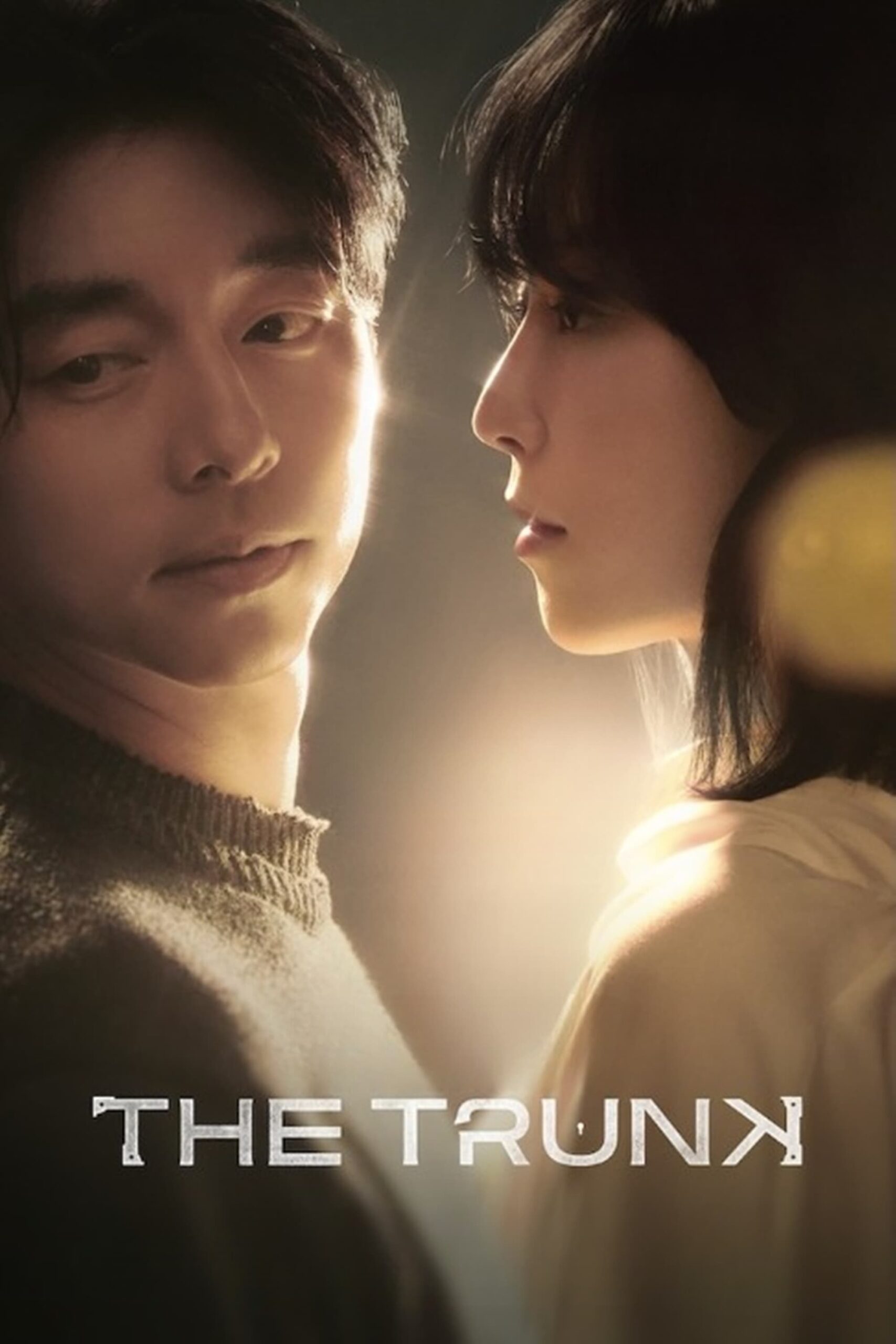
The Trunk 트렁크
Written by Park Eun-young Directed by Kim Kyu-tae
Sexy. Sophisticated. Intriguing. Suspicious. Elusive. This is how The Truck strikes—a tangled web of emotions caught somewhere between expectation and subversion. The cinematography, undeniably breathtaking, pulls you in with an almost hypnotic beauty. Every frame feels like a painting—so exquisitely composed that you can lose yourself in the visuals, momentarily forgetting there’s even a story unfolding behind them. This is the work of a masterful director, whose vision shimmers with an artistry both deliberate and intuitive, as though each shot holds the weight of a thousand unspoken words. And yet, it is not easy to love—or even fully understand.
At its core, The Truck is a study in unconventional storytelling. The narrative treads a quieter, more introspective path, refusing to cater to the traditional rhythms of South Korean dramas. There are no shocking twists here—none of the heart-stopping reveals or breakneck turns the genre is so celebrated for. Instead, the story hinges on a strange and delicate premise: a secret marriage service that binds two lives together in clandestine agreements. It’s a surreal concept, but the drama approaches it with subtlety, exploring themes of love, deception, and quiet desperation in ways that are less explosive and more reflective.
The refusal to deliver the expected feels like both a risk and a restraint. It begs the question: can beauty alone sustain a story? Can stillness hold the same weight as chaos? The pacing is deliberate, and while its refusal to accelerate is a clear artistic choice, I found myself yearning for the “more” that often defines this genre. That yearning, however, is precisely where the power of The Truck resides. It is not about crescendos. It is about silence, about whispers—about the stories that unfold in the spaces between.
This is not to say that The Truck is flawless. Its unconventional approach walks a fine line between minimalism and stagnation. The lack of dramatic payoff might frustrate viewers who crave catharsis, and there are moments when the quiet feels a bit too calculated, as though the drama is holding back instead of baring its soul. And yet, this restraint is what makes it linger. It refuses to hand you easy answers or satisfying resolutions, forcing you to sit with the weight of its quiet revelations.
The Truck is not what I hoped for, but perhaps that’s its greatest strength. It doesn’t cater to expectations; instead, it invites you to confront your own. In its stillness, I found something unexpected: a mirror. A reminder that not every story is meant to dazzle or overwhelm. Some are meant to make you pause, to sit in the discomfort of ambiguity, and to find beauty in what is left unsaid.
Image courtesy of Netflix
Comments are closed.